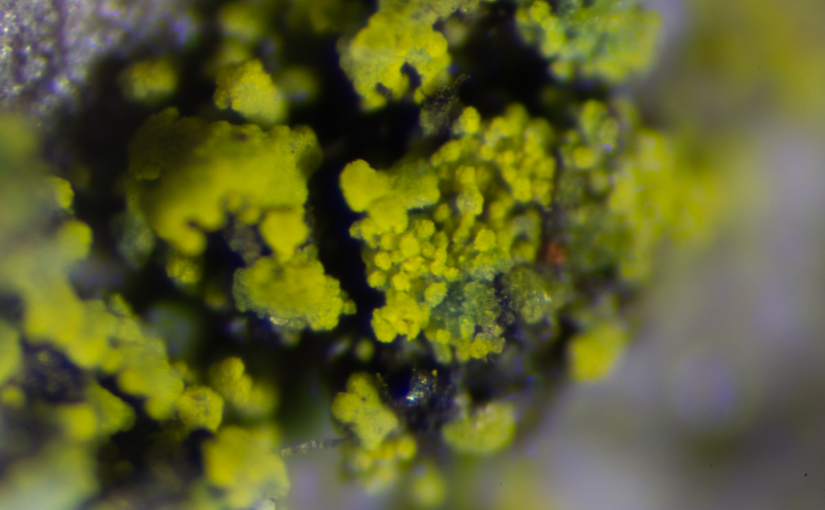Vivarium & transxxeno lab
Team: Eva Debevc, Nastja Ambrožič, Jakob Grčman, Simon Gmajner, Adriana Knouf
Many entities and processes exist on spatial scales that are not amenable to conventional time-lapse techniques. Lichen, for example, grow extremely slowly, on the order of a few mm to cm per year. This slow growth-rate makes it difficult to understand their dynamics except at punctuated points of observation. Additionally, lichen have extremely fine microstructures and are difficult to cultivate in the laboratory, meaning that in-situ observation is preferable.
At PIFcamp, the team will be prototyping a self-contained system for monitoring lichen over deeper times, both on Earth as well as while traveling in outer space. They will consider various aspects of the problem and develop a prototype for initial testing, considering materials that could be useful for extreme environments. All the outputs will be open-source as a way to develop new possibilities for deeper-time, in-situ and remote observation of organisms and processes that are otherwise diminished in scientific research.
The team will also be giving close attention to this symbiotic organism. Lichens exist throughout the entire biosphere and survive in the most extreme environments but are at the same time sensitive to environmental disturbances. They have also been shown to be resilient to the ravages of space and live for hundreds and sometimes thousands of years. At the venue, we will investigate lichen classification and morphology through investigating those entities that exist in the proximity of the Camp and will prepare a hybrid – remote presentation with Adriana Knouf (Amsterdam, Netherlands), the driving force behind the module and the Founding Facilitator of the tranxxeno lab, a nomadic artistic research laboratory that promotes entanglements amongst entities trans and xeno.
